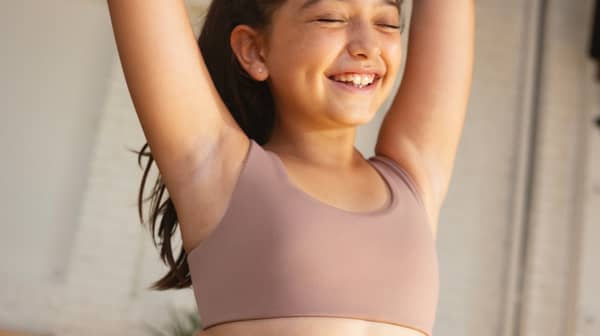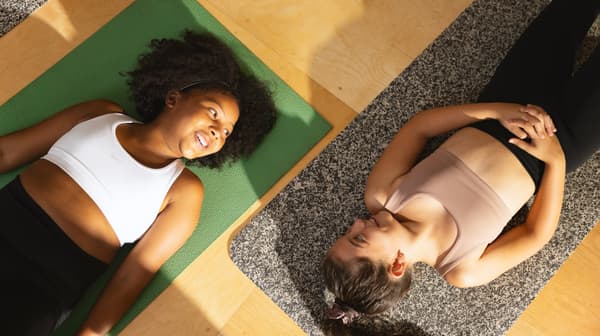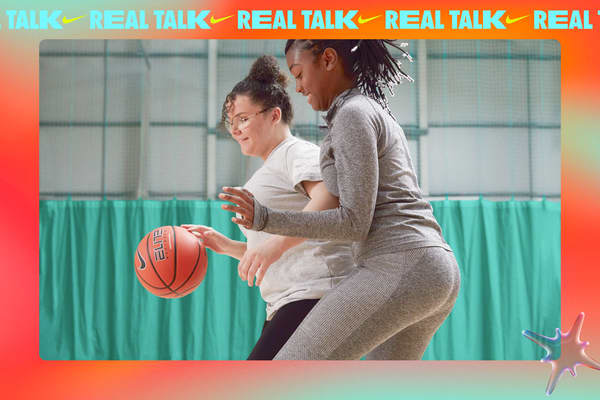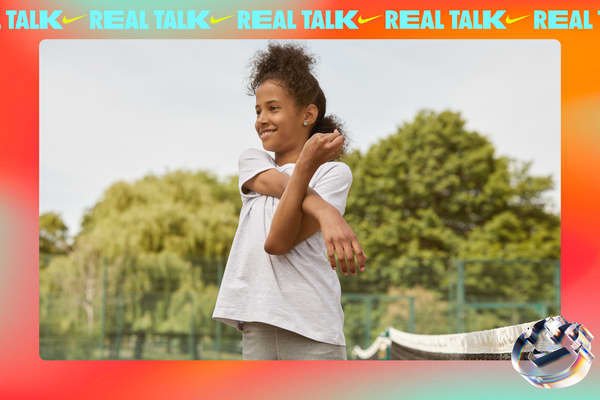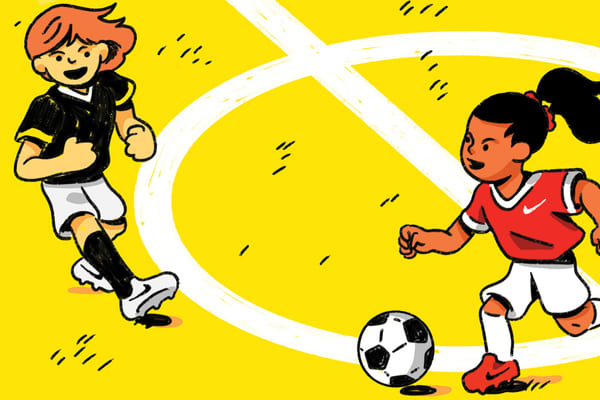Be Fluent In Body Functionality
Real Talk
Many girls are thinking about how they look rather than on what their body can do and experience in sport. With some adjustments to how you speak, you can help girls change their mindset when they’re out there being active.
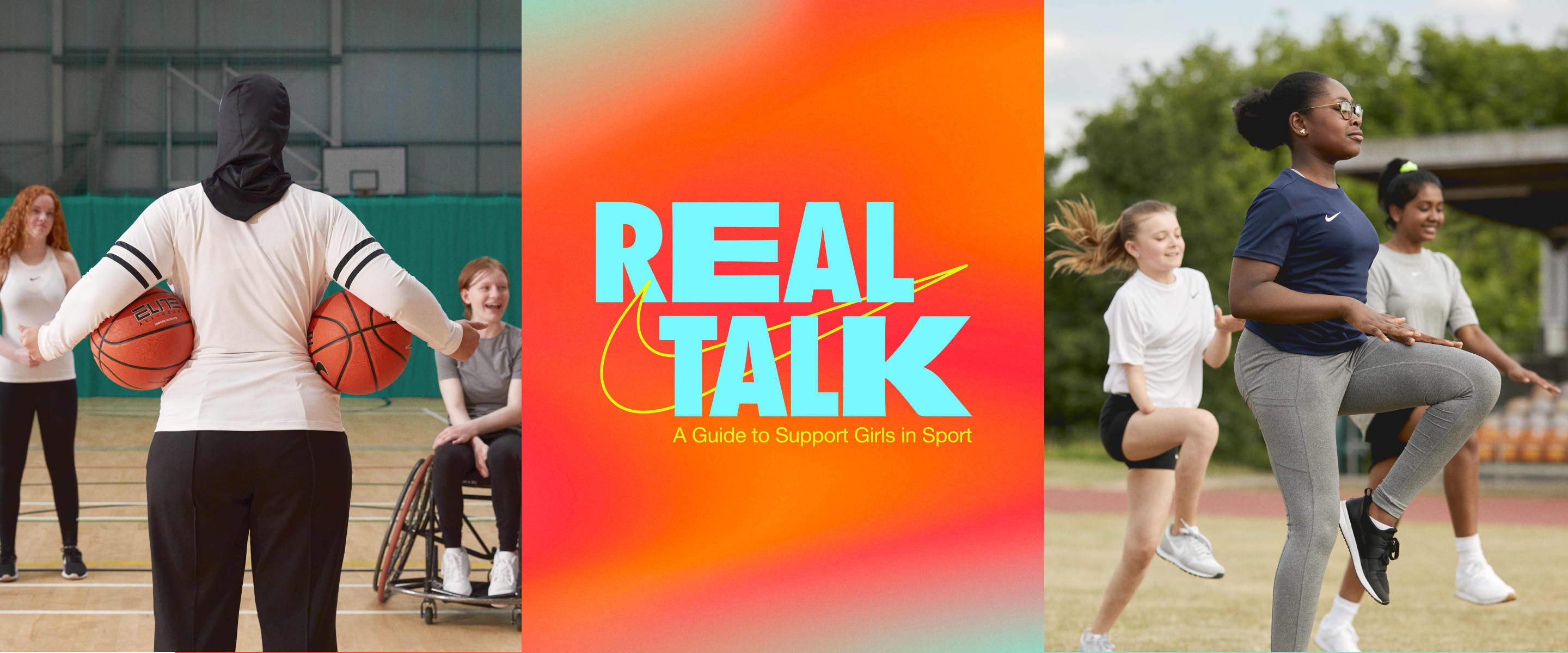
Everybody is different and no two bodies are the same. This requires you, as coaches and parents, to recognize and respect all appearances and celebrate all differences. Remember that our gender, ethnicity, sexual identity, disability, religion, other beliefs and characteristics influence how we present ourselves to the world. Therefore, when you critique someone’s appearance, you’re critiquing who they are and how they show up.
Our words are powerful and shape how girls see themselves in sport. Before we discuss how to communicate with girls, it’s important to reflect on your own body confidence. After all, how you think and speak about your body influences how your child or athletes think and speak about their bodies. Ask yourself, do I speak negatively about my own body, or other people’s bodies in front of my child or athletes, and what message does this send them?
Now, when it comes to communicating with girls, we want to move their attention away from “what does my body look like” to “what can my body do and experience”. This attention shift can help girls better connect with their bodies and concentrate on their performance, as opposed to focusing on their appearance, restricting their diet and overtraining.

What You Avoid Saying
Try to avoid statements or conversations that focus on girls’ appearances, as well as challenge this dialogue between girls. For example:
- “You look great! Have you lost weight?”
- “You need to get bigger so that you can defend the goal better.”
- “Let’s get you leaner to improve your speed.”
- “You will be able to jump higher if you lose a little bit of weight.”
- “You deserve that muffin, you trained really hard today!”
- “Are you sure you should be eating that?”
- “I look gross. I’m sweaty and all my make-up has rubbed off!”
- “Have you seen her legs? They’re covered in stretch marks.”
- “I don’t think she should lift weights, she’s getting too bulky and guys hate bulky girls.”

What You Could Say
Use statements and engage conversations that focus on what girls’ bodies can do and experience. For example:
- “Let’s do some agility exercises to warm up our muscles.”
- “Think about how your shoulders are positioned. Make sure your shoulders are facing forward when you take the shot.”
- “Great work! You’ve really mastered [insert skill]!”
- “That kick was so powerful.”
- “You looked so happy and free while you were dancing!”
- “How is your body feeling after that big practice session yesterday?”
- “Remember to fuel your body with food after the game!”
- “Don't forget your cool down stretches. We don’t want any injuries!”
- Remember that your body is so much more than what it looks like. Your body is capable of doing, experiencing and achieving amazing things.
These little shifts in conversations can make a massive difference to sport cultures and girls’ body confidence. Here’s to creating sport environments where girls’ bodies are more than objects to be looked at, and instead are vessels for experiencing the wonders of movement, friendship and competition.
Body Confident Sport is a program developed by Nike and Dove to help girls build body confidence and make sports a place where girls feel like they belong. The content has been designed in partnership with the Tucker Center for Research on Girls & Women in Sport and the Centre for Appearance Research.
For a full overview of the resources, please visit:

